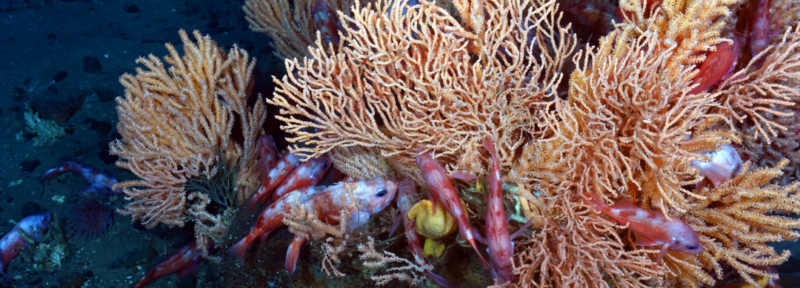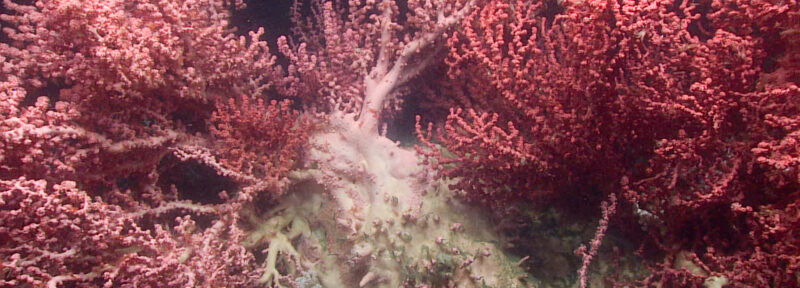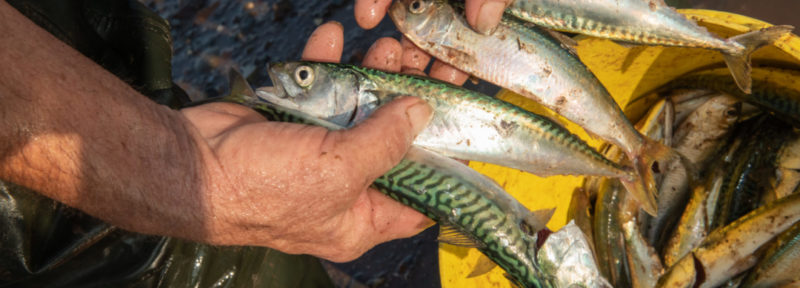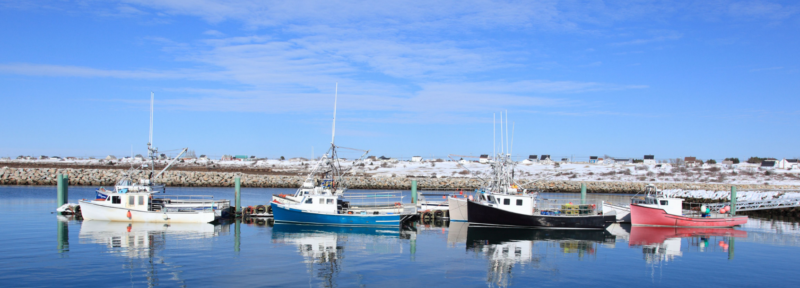New Protections for Fragile Deep-sea Ecosystems Agreed to by the Northwest Atlantic Fisheries Organization
Halifax [K’jipuktuk]: The 43rd Annual Meeting of the Northwest Atlantic Fisheries Organization (NAFO) closed today, with an agreement on new protections for seamounts and coral and sponge grounds.
The deep seas are home to rich, fragile ecosystems that are poorly understood by science and under threat from human activities such as bottom trawling. Cold-water corals, for example, can take thousands of years to grow. Today’s decision, which covers more than 100,000 square kilometres of sensitive deep-sea habitat, will help protect these biodiversity hotspots and represents an important step forward for international cooperation on marine protection.
NAFO, of which Canada is a member, is an international organization responsible for the management of fisheries in the high seas of the Northwest Atlantic. This year, the NAFO Scientific Council completed a five-year review of the impacts of NAFO fisheries on fragile seafloor species. Significant gaps in protection were found, with some species completely unprotected. Scientists recommended additions to existing seamount closures and amendments to closures for corals, sponges, tunicates and bryozoans, all of which are considered vulnerable and serve as “indicator species” for the broader health of the marine ecosystem.
NAFO followed the scientists’ advice for seamounts and agreed to protect 9 out of the 13 other areas recommended within the fishing footprint. They also continued to recommend that trawl surveys, which can damage deep-sea habitats, are avoided in protected areas.
“NAFO made important steps this year,” says Susanna Fuller, Vice-President of Operations and Projects at Oceans North, a Canadian charity and member of the Canadian delegation to NAFO. “The full protection of seamounts has created a new precedent for how international fisheries organizations can contribute to biodiversity protection. We are also pleased at the decisions to further protect areas that are known to be at risk, and we look forward to future progress on areas where there wasn’t agreement.”
Additional progress was expected this year, particularly on measures to protect Greenland sharks and to advance the ecosystem approach to fisheries management through NAFO’s Ecosystem Road Map. Further, several fisheries managed by NAFO remain under moratorium, and concerted work is needed to rebuild these populations.
“We are disappointed that NAFO failed, once again, to listen to the science and advance protections for Greenland sharks at this year’s meeting,” says Katie Schleit, senior fisheries advisor at Oceans North. “We thank Canada and other countries who spoke in favour of following science advice, and we urge all NAFO member countries to continue working towards measures that will help protect this long-lived, vulnerable species.”
For more information or to arrange an interview, please contact:
Alex Tesar
Communications Specialist, Oceans North
[email protected]
Susanna Fuller
VP Operations and Projects, Oceans North
[email protected]
902-483-5033




